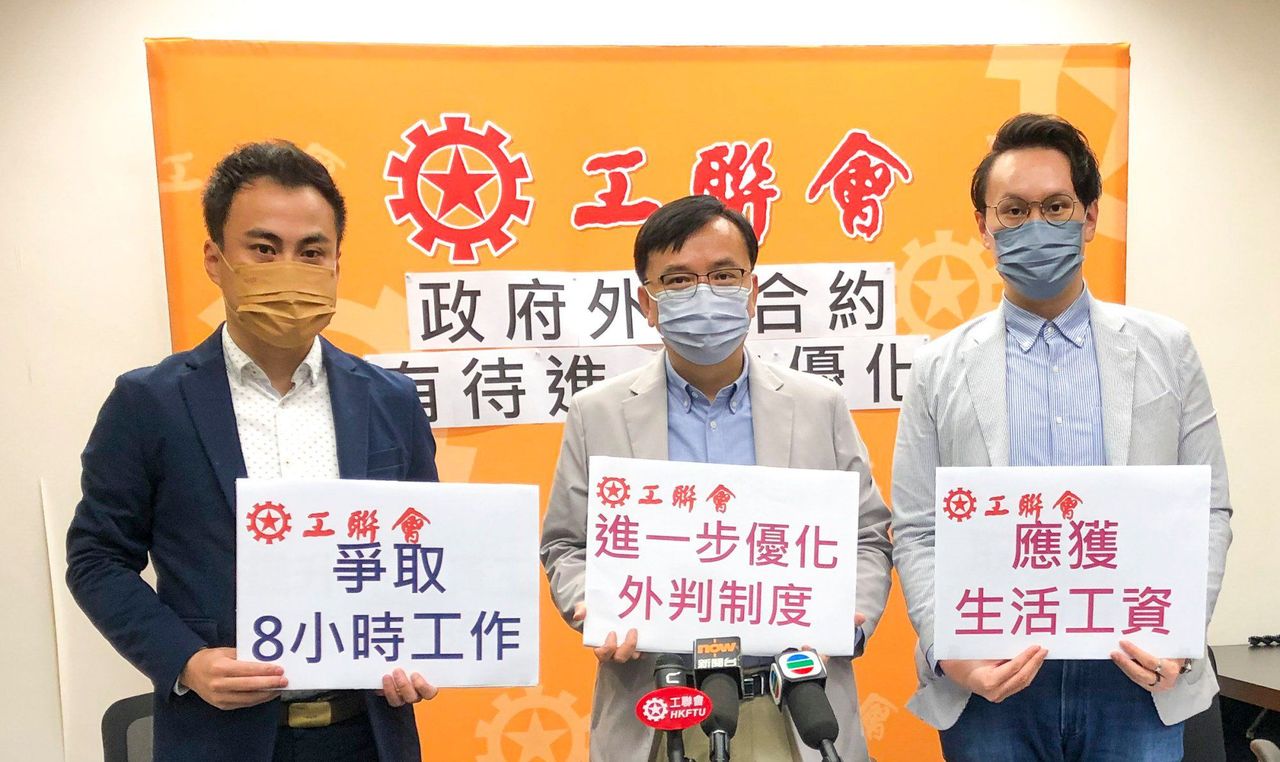Hong Kong News

Political will to tackle labour crunch is commendable, but not the haste
It takes guts to announce, less than a month before Labour Day, that unless local recruitment eases Hong Kong’s manpower crunch, it will be “necessary” to import labour. Yet Chief Executive John Lee Ka-chiu did just that.
Maybe it’s the jolt of confidence he received recently; first, from President Xi Jinping at the opening ceremony of the National People’s Congress first plenary session in Beijing last month. As it turned out, Xi wasn’t the only one who singled Lee out from a sea of suits to greet him.
New Premier Li Qiang also sought out Lee with a power handshake at the Boao Forum in Hainan. To have the faith of the country’s two most powerful men shows Lee is moving onwards, with a spring in his step and fresh boldness.
Receiving such affirmation is a tremendous confidence booster and must add to the job satisfaction. But any decision to import labour isn’t just a matter to announce to the media ahead of Executive Council meetings. Are we now leading this city by handing down decrees?
The government is hell-bent on bouncing back after closing the borders for almost three years. The surge in demand for workers and difficulties in filling vacancies to handle, say, tour groups from the mainland, are holding the city back from the mad dash to normality and its ability to move forward.
But labour issues have always been one of the toughest nuts to crack. The move towards policies to import labour cannot be going down well with the labour unions, however, given the far-reaching and permanent consequences for the local workforce.
 Kwok Wai-keung, Wong Kwok and Wong Yuen-hong, from the Hong Kong
Federation of Trade Unions, present survey findings at a press
conference and call for better work conditions on June 11, 2022.
Kwok Wai-keung, Wong Kwok and Wong Yuen-hong, from the Hong Kong
Federation of Trade Unions, present survey findings at a press
conference and call for better work conditions on June 11, 2022.
There is no denying that Hong Kong faces a labour shortage across most industries and sectors, which has been exacerbated by the pandemic disruptions. There is, of course, the brain drain about which the government had long been in denial. But the ostrich has pulled its head out of the sand, and is desperate to get rid of the problem.
The political will to tackle it is commendable, but the rush is not. For many, to earn a living during the pandemic, they had to change jobs. Some may have made that a permanent change. Others may be reluctant to return to their old jobs because of low wages, job security or working conditions.
The manpower shortage in the construction industry is a long-standing problem that no government has been able to tackle. Remember that in 2013, when former chief executive Carrie Lam Cheng Yuet-ngor was still chief secretary, the government launched a four- month consultation on importing low-skilled workers.
The construction sector has trouble attracting young people. Look at the accidents – and fatalities – that have occurred on our construction sites and the families torn apart as a result, and very little guesswork is needed to figure out why the sector faces shortages.
Given that the government is prioritising the construction and transport sectors, with Lee saying the relevant bureaus will hopefully announce strategies by the middle of the year, and sources expecting thousands of slots under a quota system for workers, it looks like the government is just going to bypass a lot of people in the interests of saving time.
Promising that local workers will be protected by not paying imported workers more than the median wage sounds sensible, but is that the only concern for local workers? Has the government considered how it would affect future wage levels for locals? And how about worksite safety issues?
Have we also learned from Macau, where the decision to import workers has added to the conflict between local and mainland workers, and contributed to inflation?
These are complexities with far-reaching and irreversible consequences; the government must take time and care to communicate with the public.
It is curious that the city’s largest labour group, the Hong Kong Federation of Trade Unions, has not decided whether to hold a Labour Day march this year. Surely the government’s plans to import workers, and the way it’s going about it, seems like the most pressing labour issue that needs, as a minimum, a collective response.











